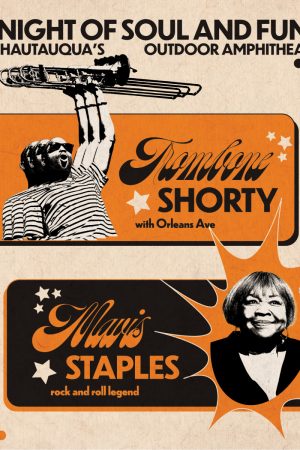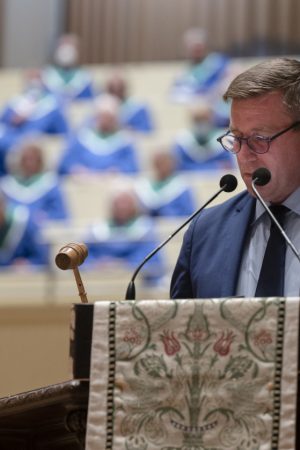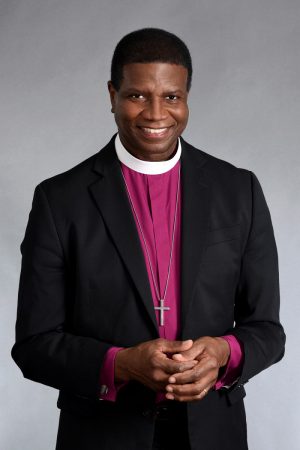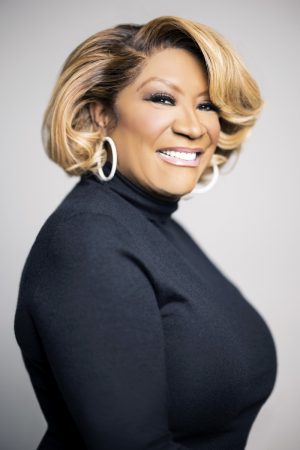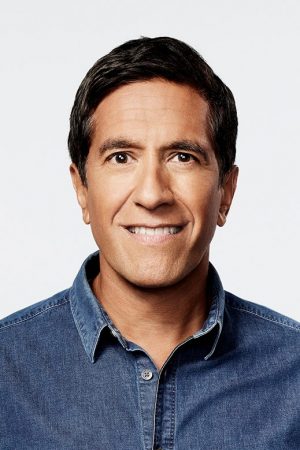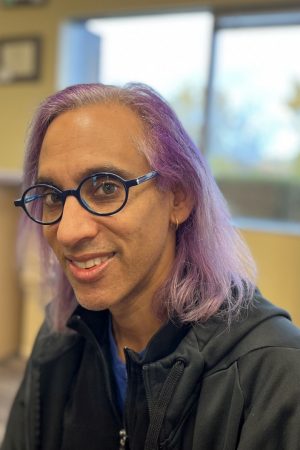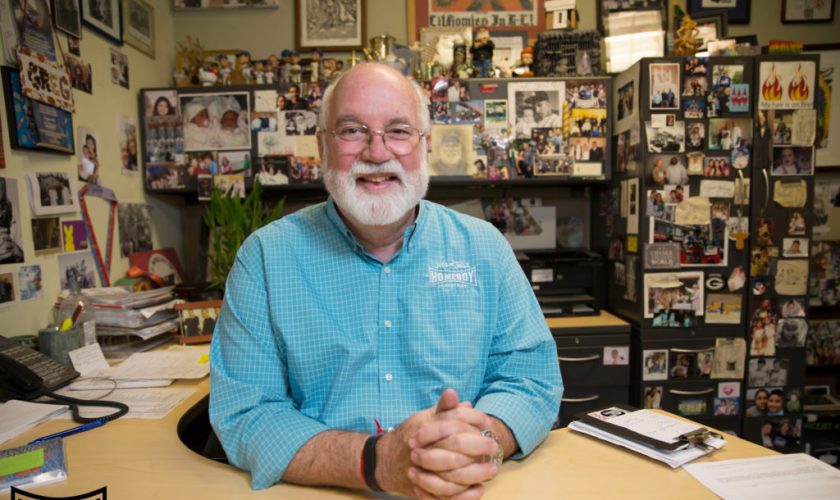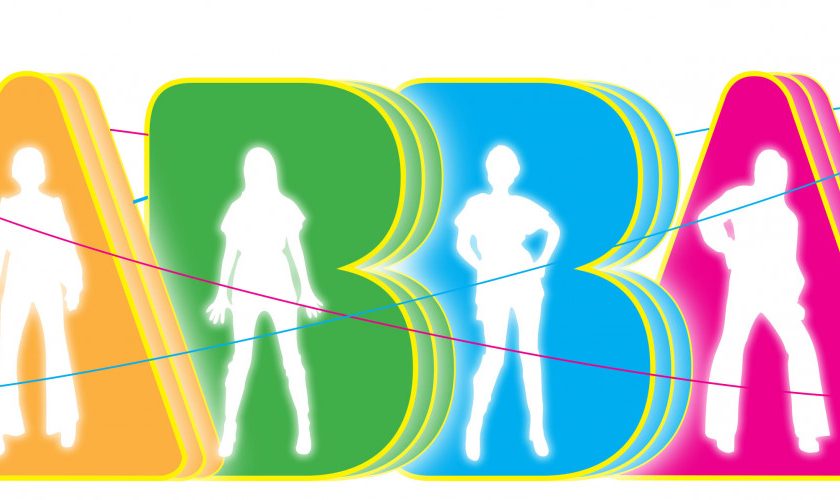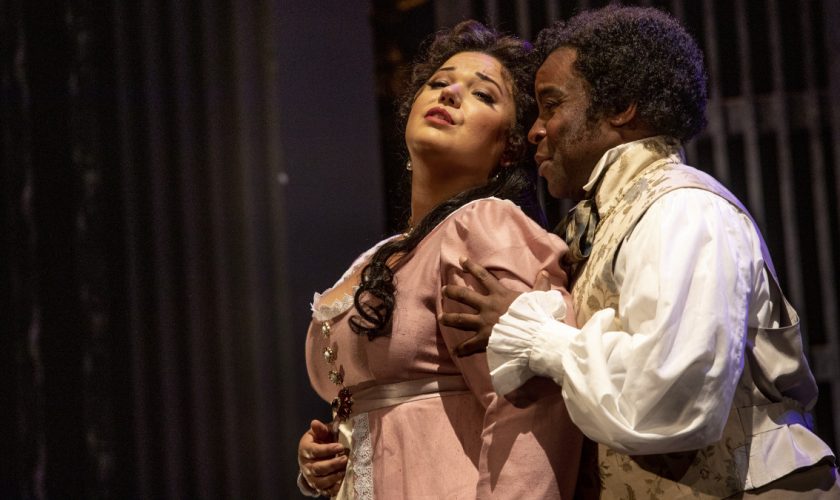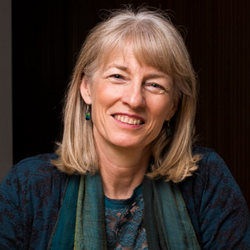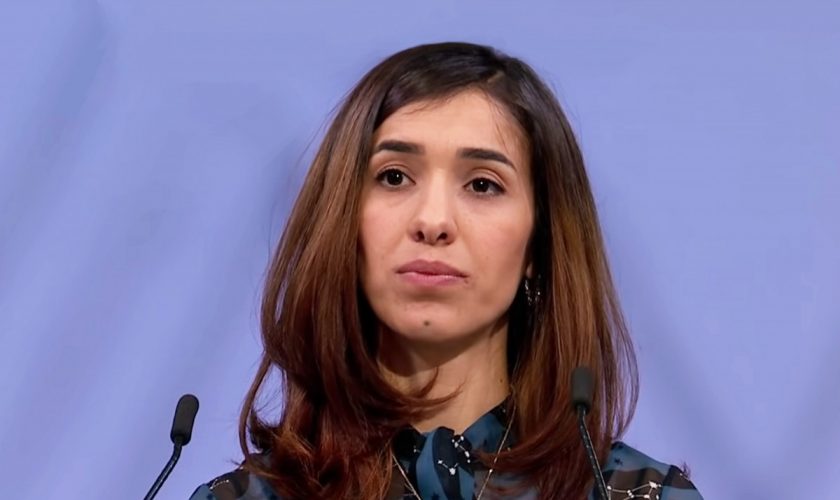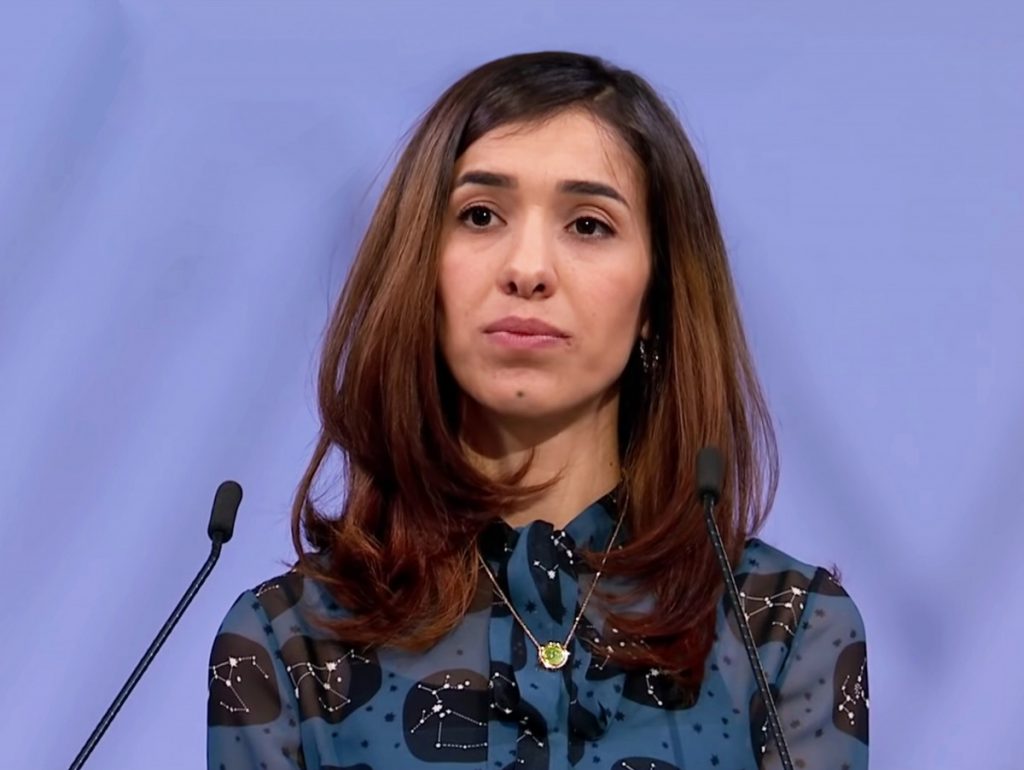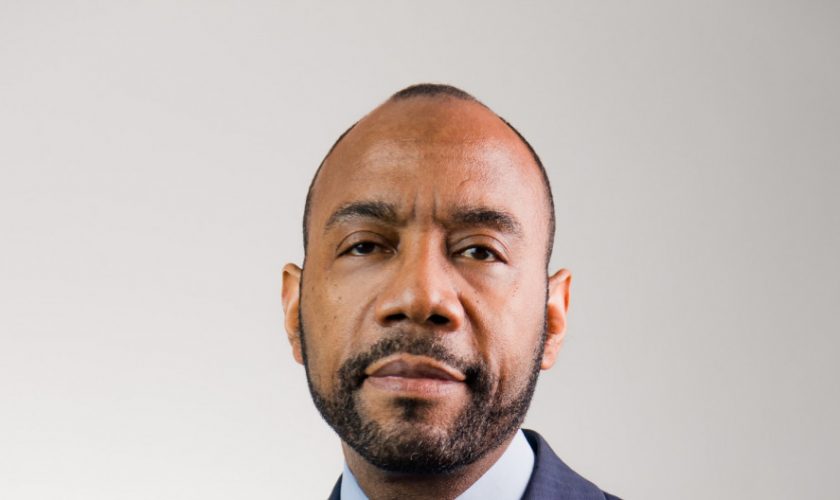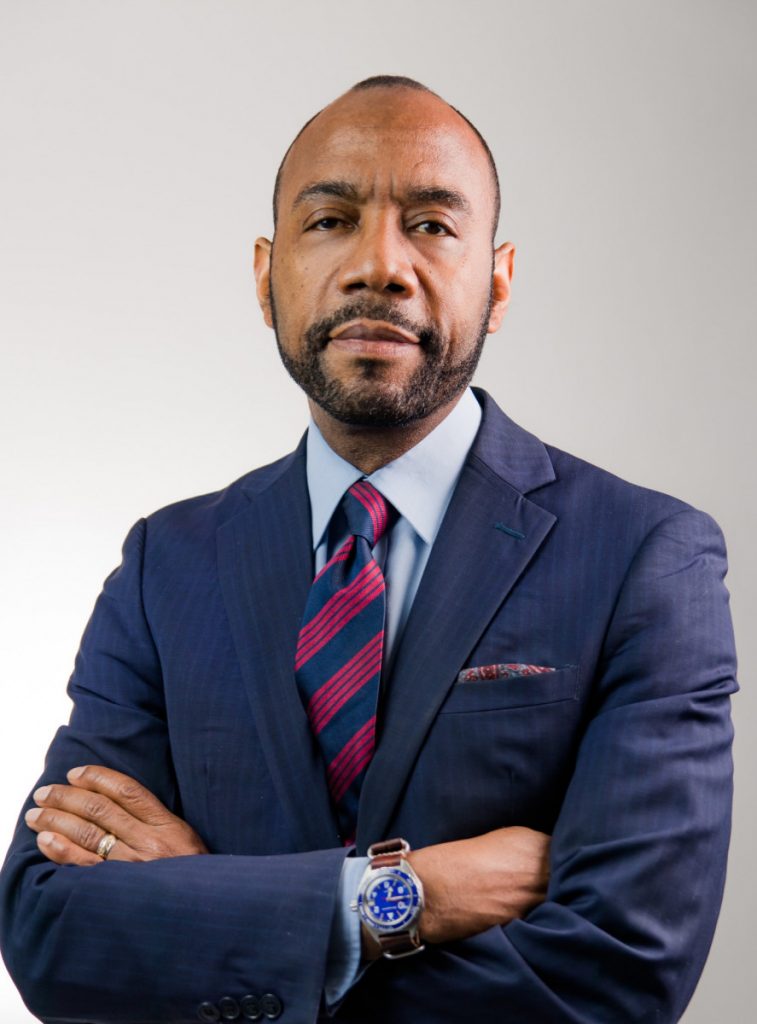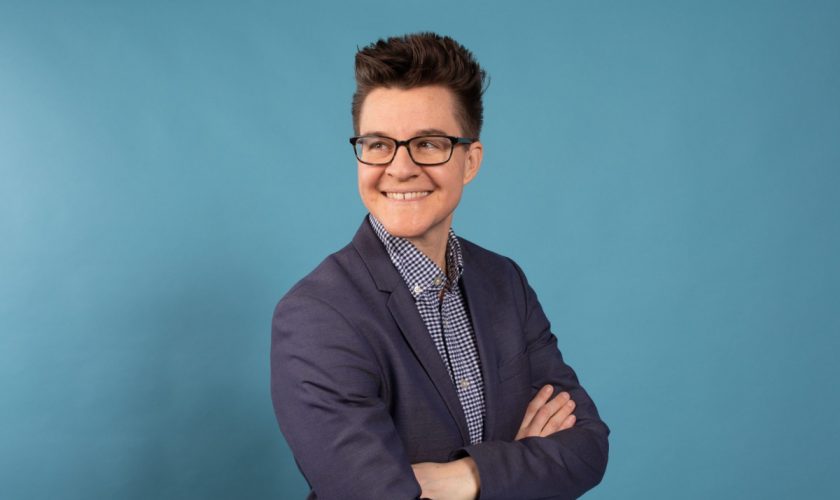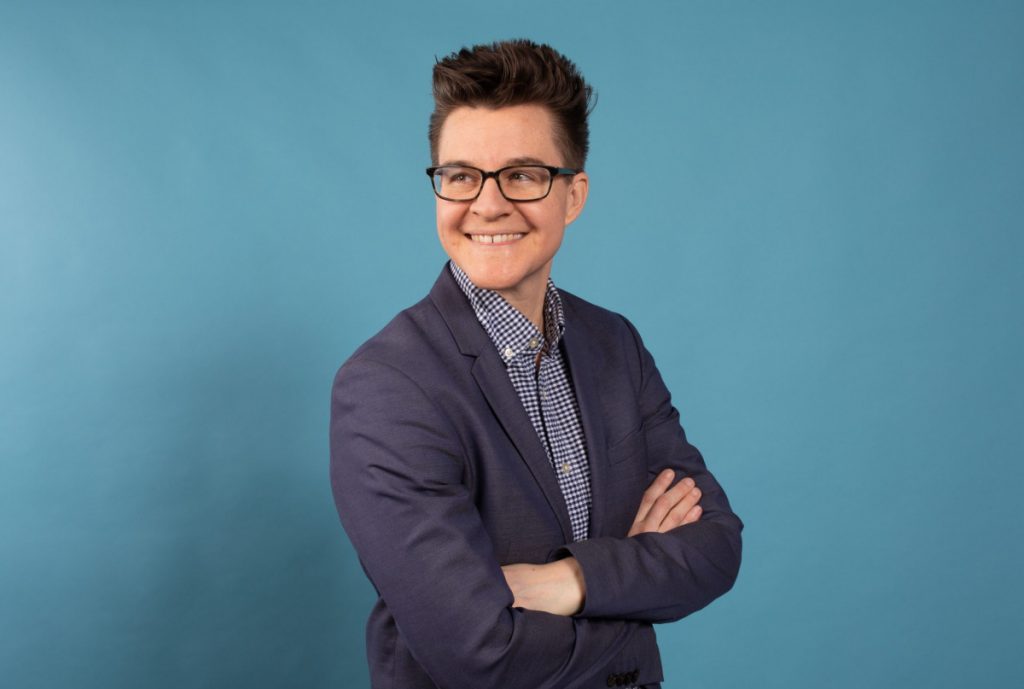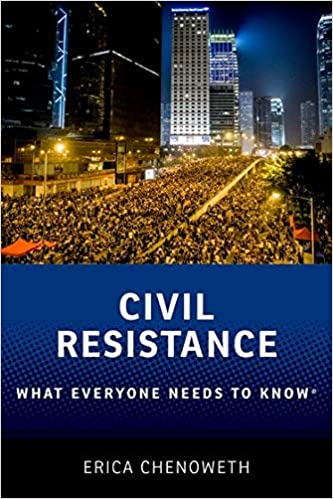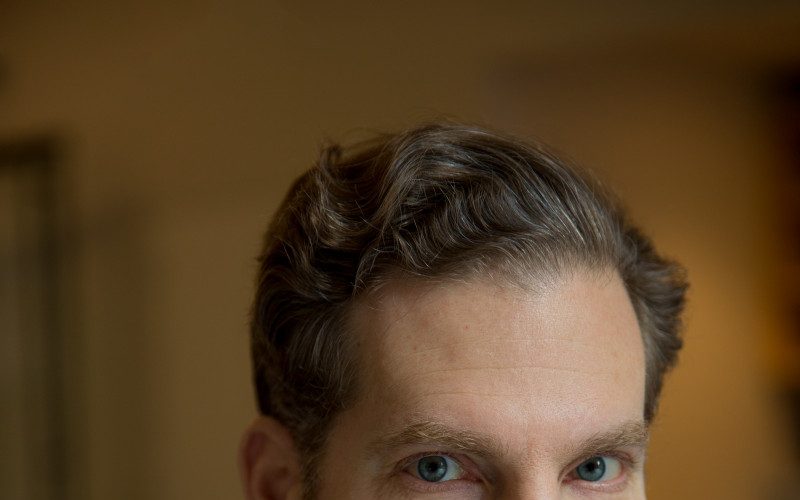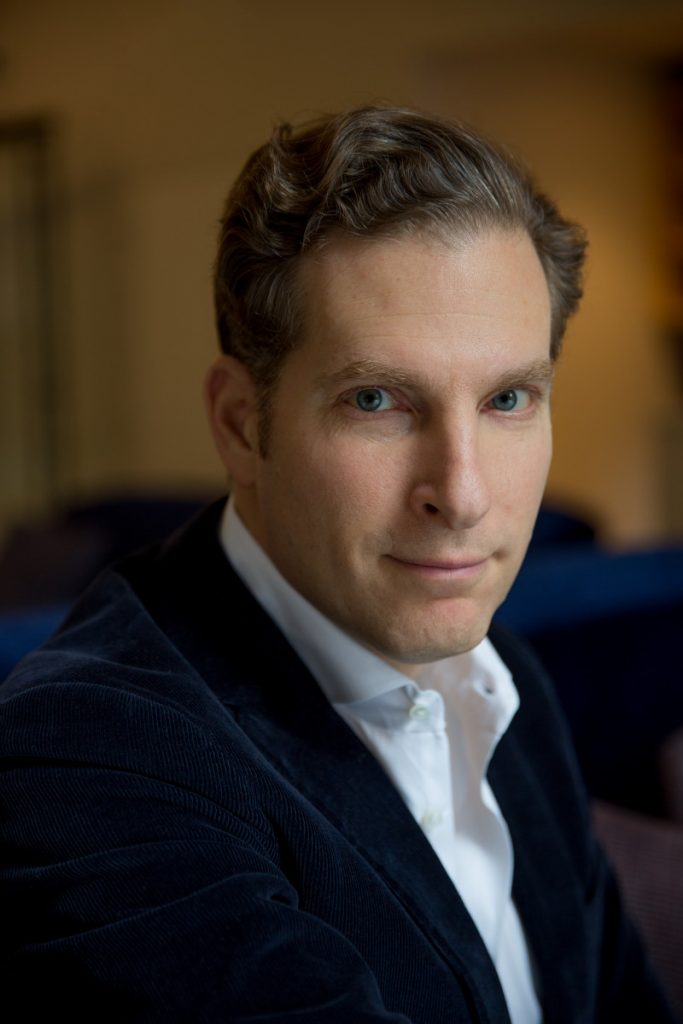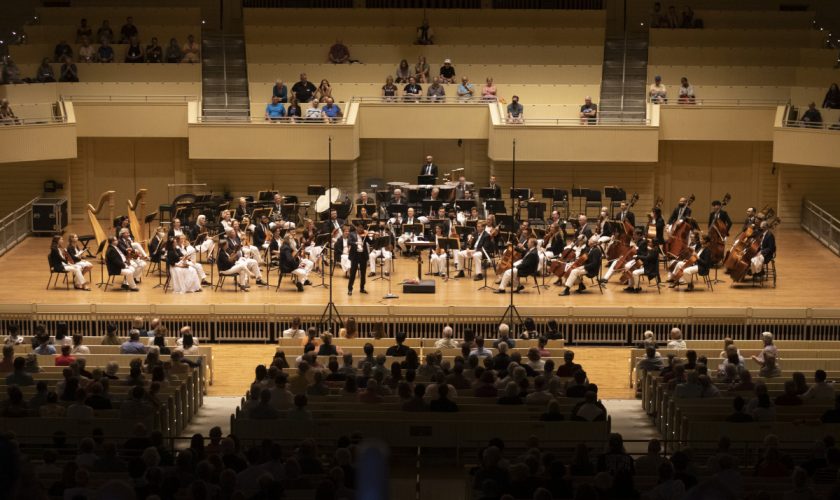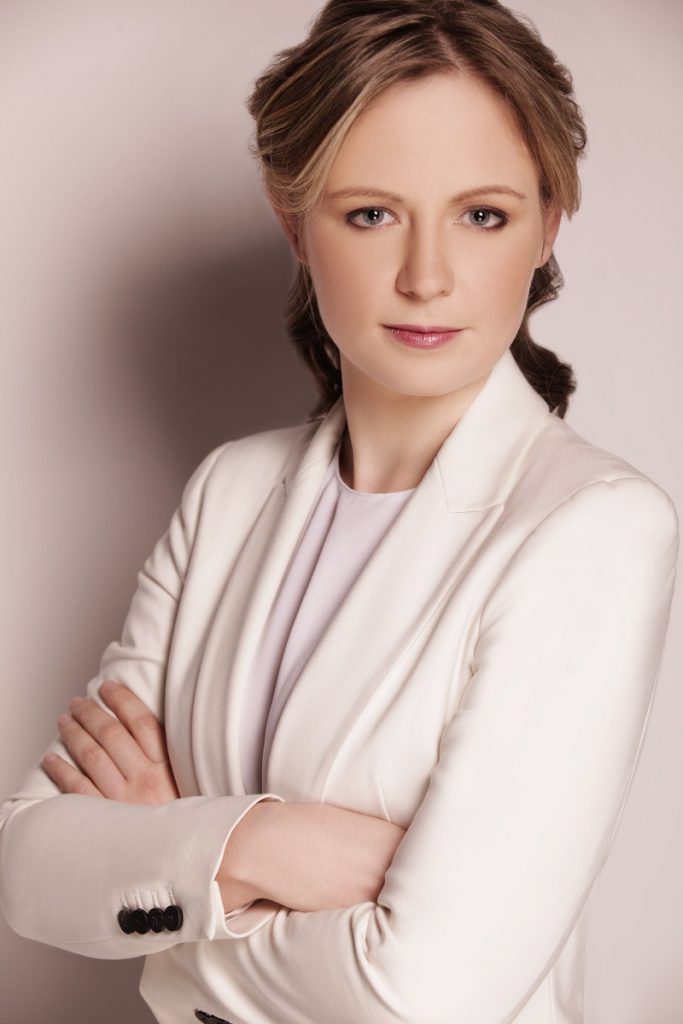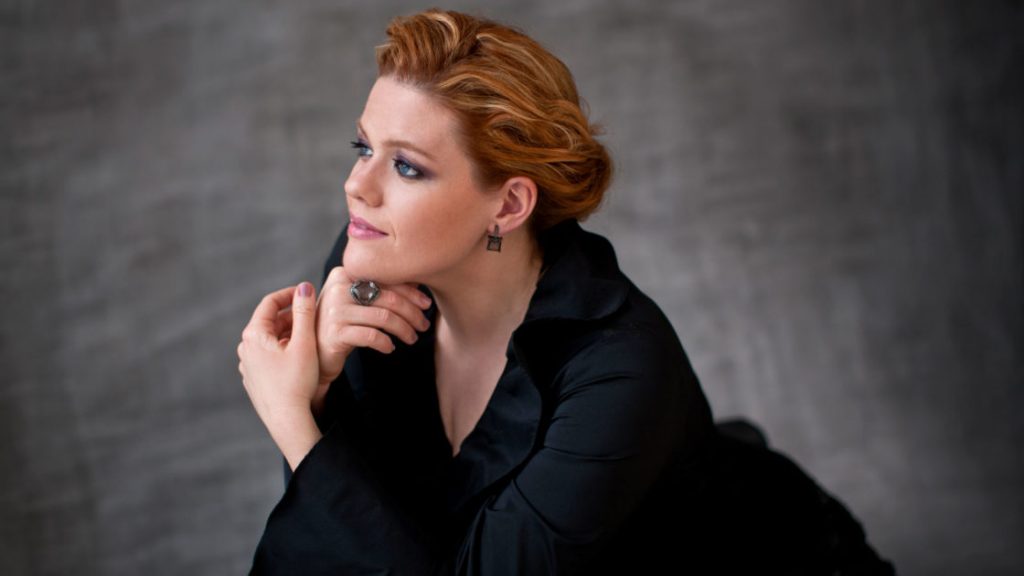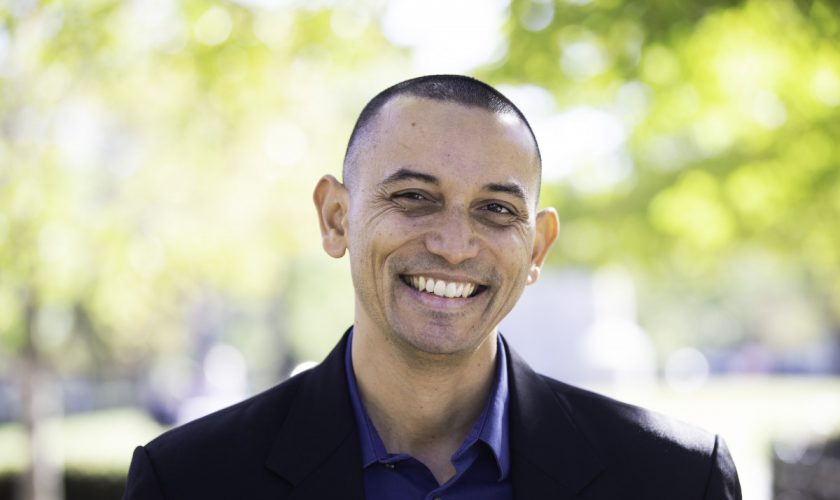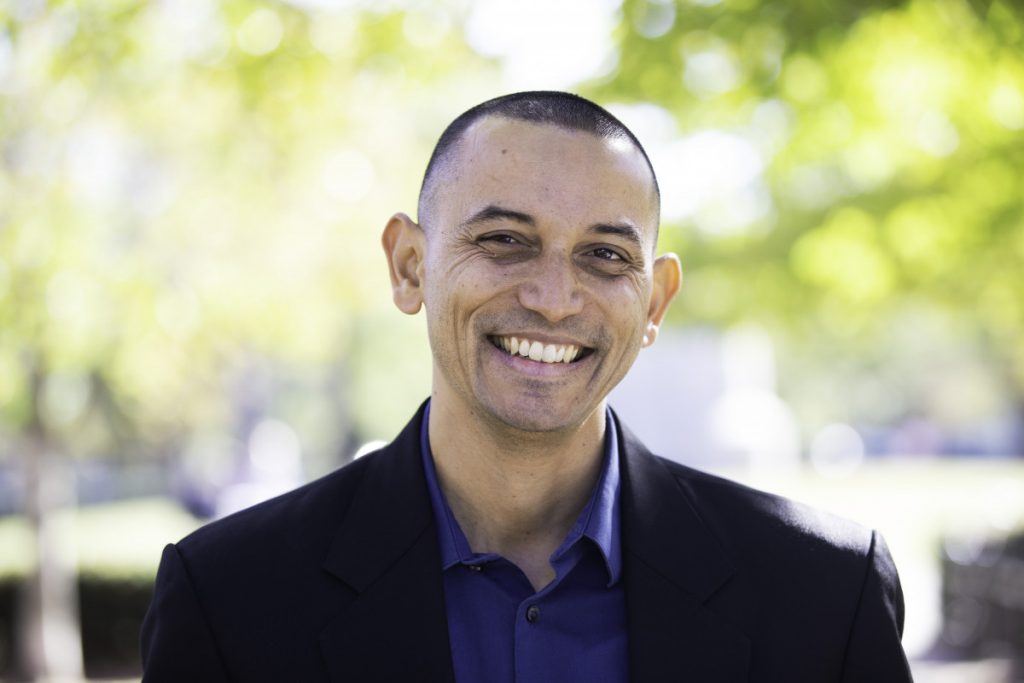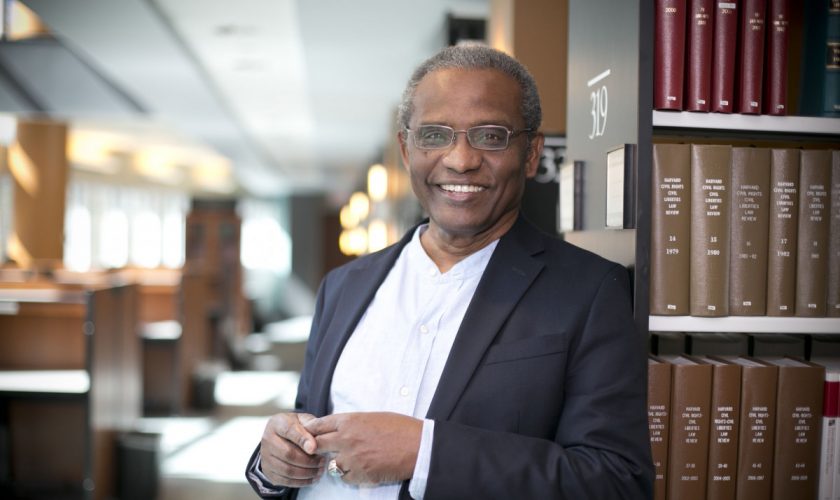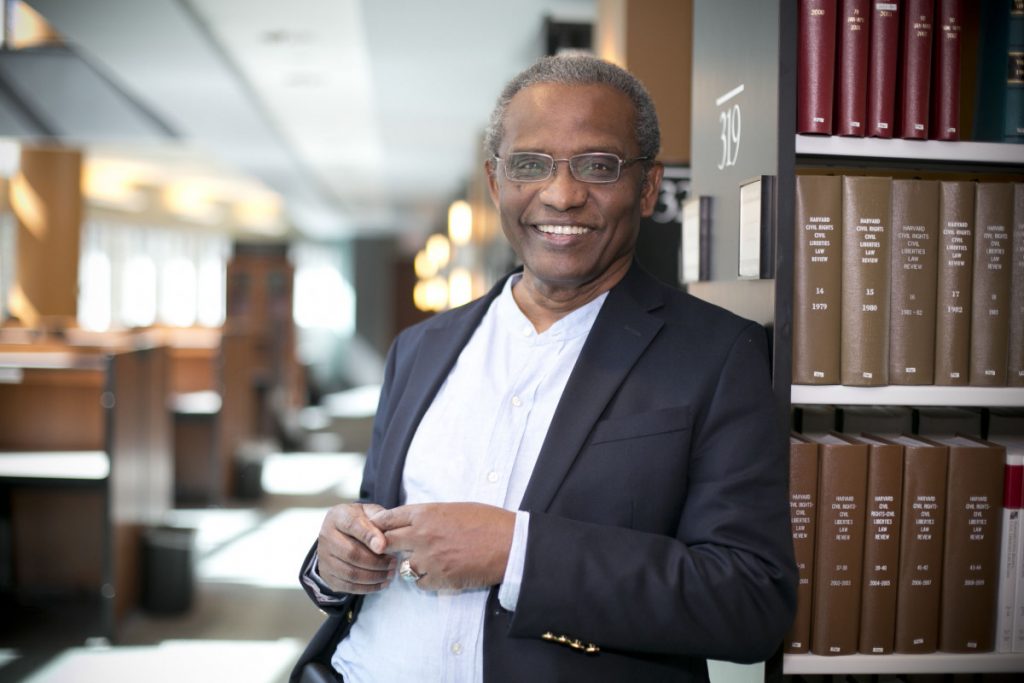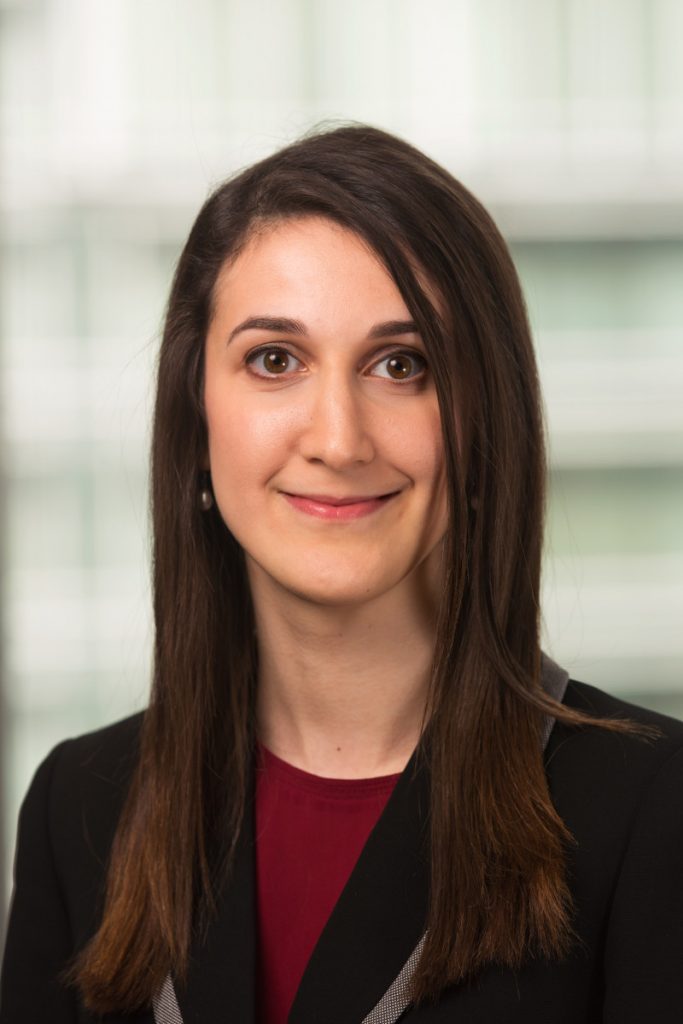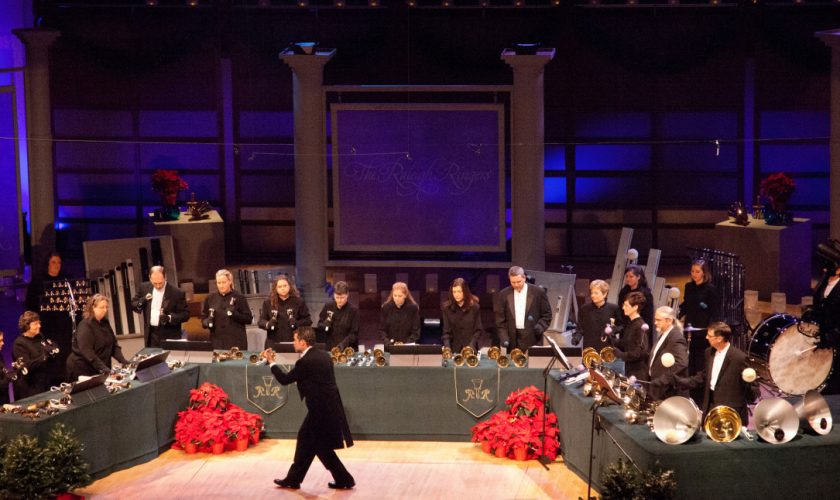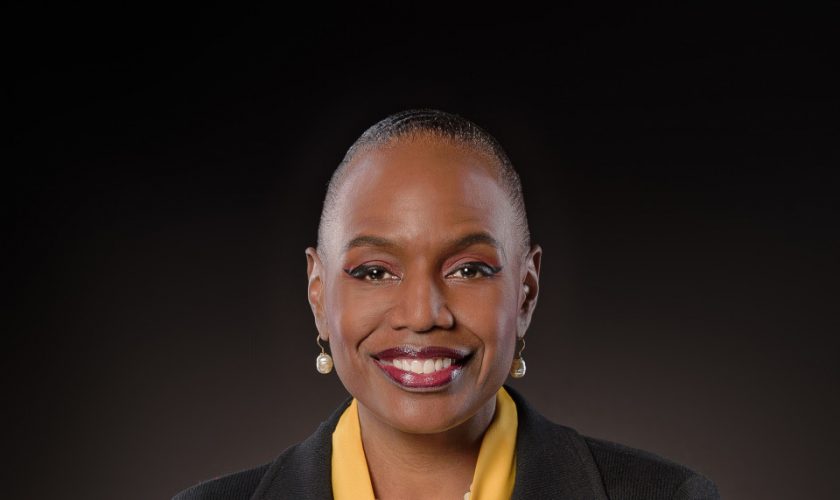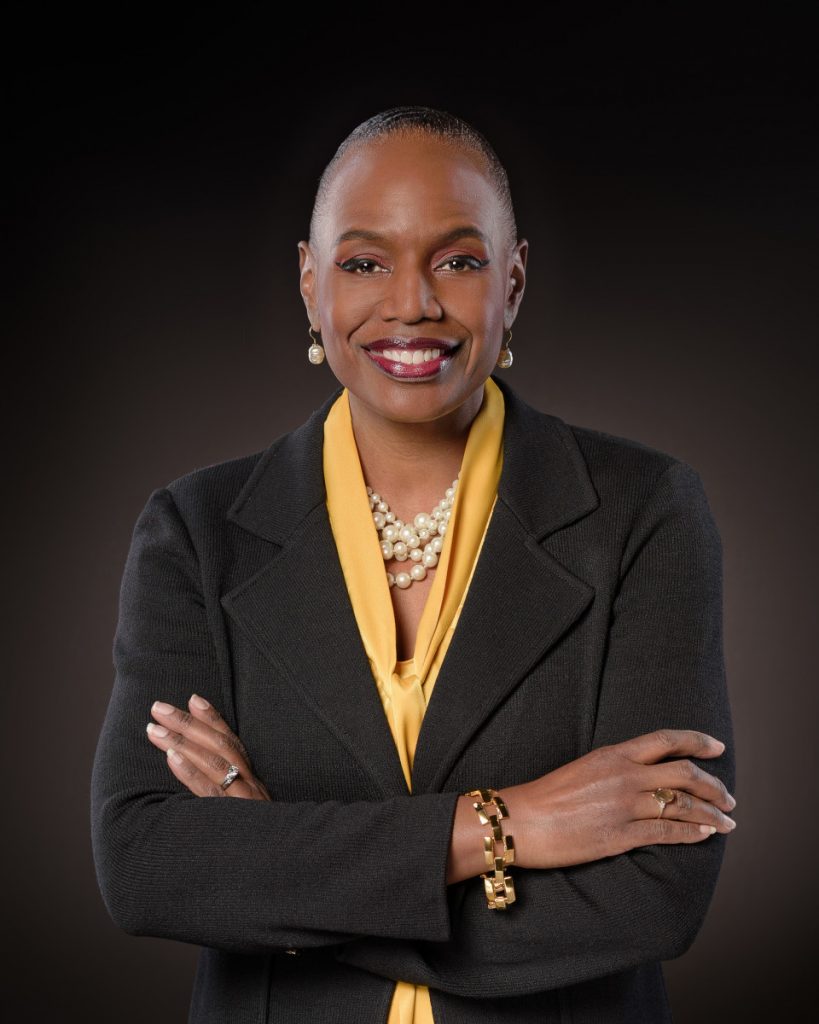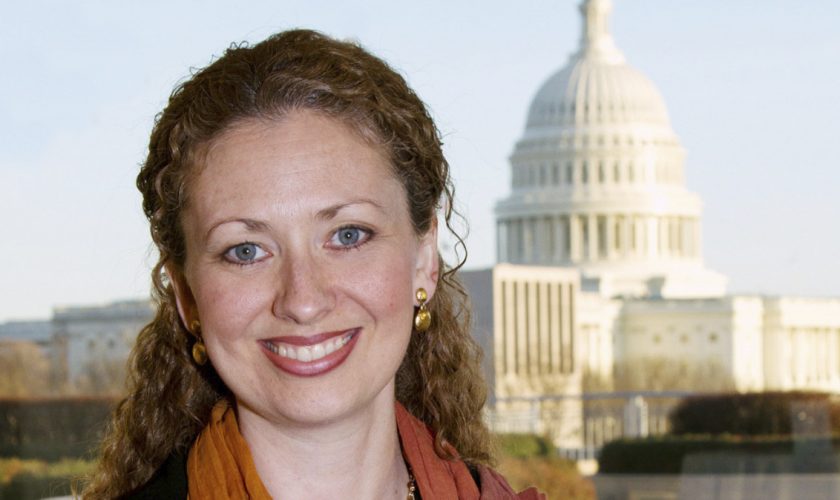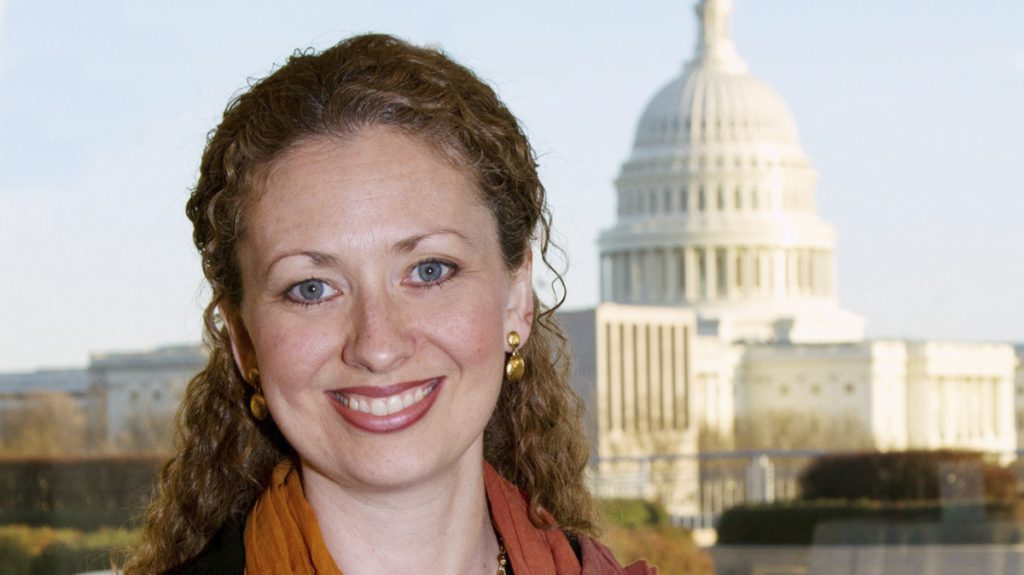When Fr. Gregory Boyle, SJ, founder of Homeboy Industries, first came to Chautauqua in 2013, he told the Interfaith Lecture Series audience, “The measure of our compassion lies not in our service to those on the margins but (in) our willingness to see ourselves in kinship with them.”
Boyle returned in 2015 with the first two Homeboys to visit Chautauqua, Javier Chavez and Germaine Smith. That year, he asked the Interfaith Lecture audience, “How do we get to a place of compassion where we can stand in awe of what the poor have to carry, as opposed to how they carry it?”
Boyle lectured again for the Interfaith Lecture series on the last Friday of the 2017 season.
“We don’t go to the margins to make a difference, we go to the margins so that folks at the margins will make us different,” he said.
Then Chautauqua invited Boyle to preach.
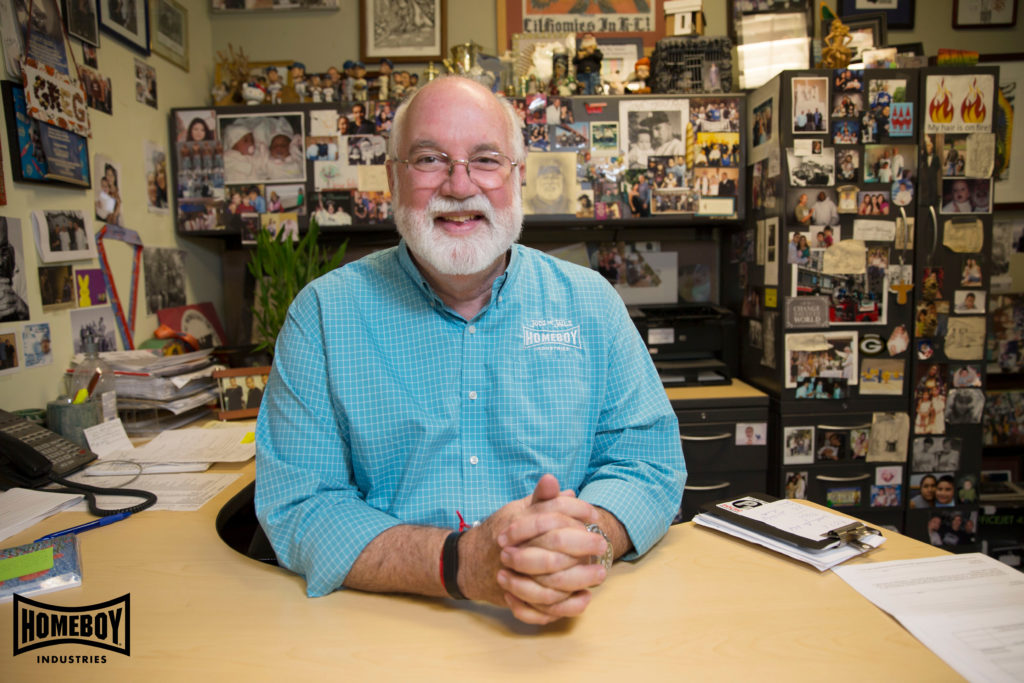
One of the most beloved Chautauqua chaplains and back by popular demand in 2022, Boyle will be the chaplain in residence for Week Four this season. In the time between 2015 and 2022, more Homeboys and Homegirls have visited Chautauqua, stayed in several of the denominational houses, rode bicycles on the grounds and enjoyed the many delights of Chautauqua.
Boyle will preach at the 10:45 a.m. Sunday service of worship and sermon in the Amphitheater. His sermon title is “Acatamiento: Affectionate Awe.” He will also preach at the 9:15 a.m. morning ecumenical worship services Monday through Friday in the Amp. His sermon titles include: “Fire All the Other Gods,” “Love is God’s Religion,” “When the Wave Knows It’s the Ocean,” “Comfort and Joy,” “In the Shelter of Each Other,” and “Occupy Faith.”
Boyle founded what would grow into Homeboy Industries in 1988. It is the largest gang intervention, rehabilitation and reentry program in the world. The 1980s have been called the “decade of death” in the neighborhood of the Dolores Mission Church, which was then the poorest Catholic parish in Los Angeles. Gang violence peaked in 1992 with a total of 1,000 gang-related killings.
The neighborhood around the church had the highest concentration of gang activity in the city. Boyle, along with members of the church and the community, saw that law enforcement tactics and criminal justice policies of suppression and mass incarceration were not working. They adopted a new approach of “treat gang members as human beings,” according to their website.
Homeboy Industries trains and employs former gang members in a variety of enterprises that set them up for success. They provide services like tattoo removal — 3,000 treatments in total so far — and offer GED tutoring to aid the thousands of men and women who visit Homeboy Industries in hopes of improving their lives.
Boyle is the author of Tattoos on the Heart: The Power of Boundless Compassion, a New York Times bestseller. His second book, Barking to the Choir: The Power of Radical Kinship, was published in 2017.
He has received the California Peace Prize and been inducted into the California Hall of Fame. President Barack Obama named Boyle a Champion of Change in 2014. He was also awarded the University of Notre Dame’s 2017 Laetare Medal, one of the most esteemed awards given to American Catholics.

